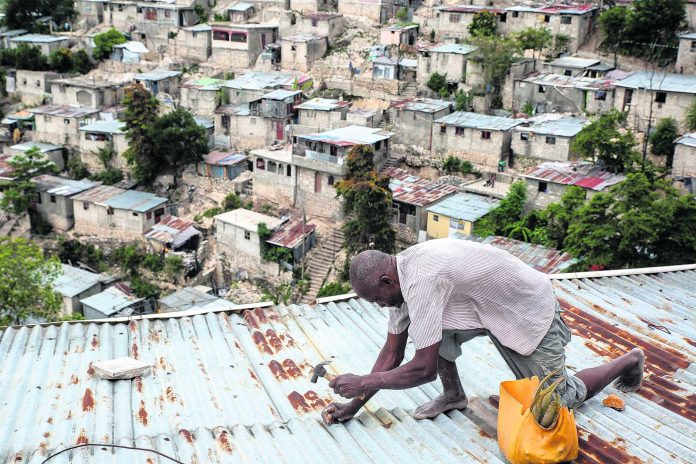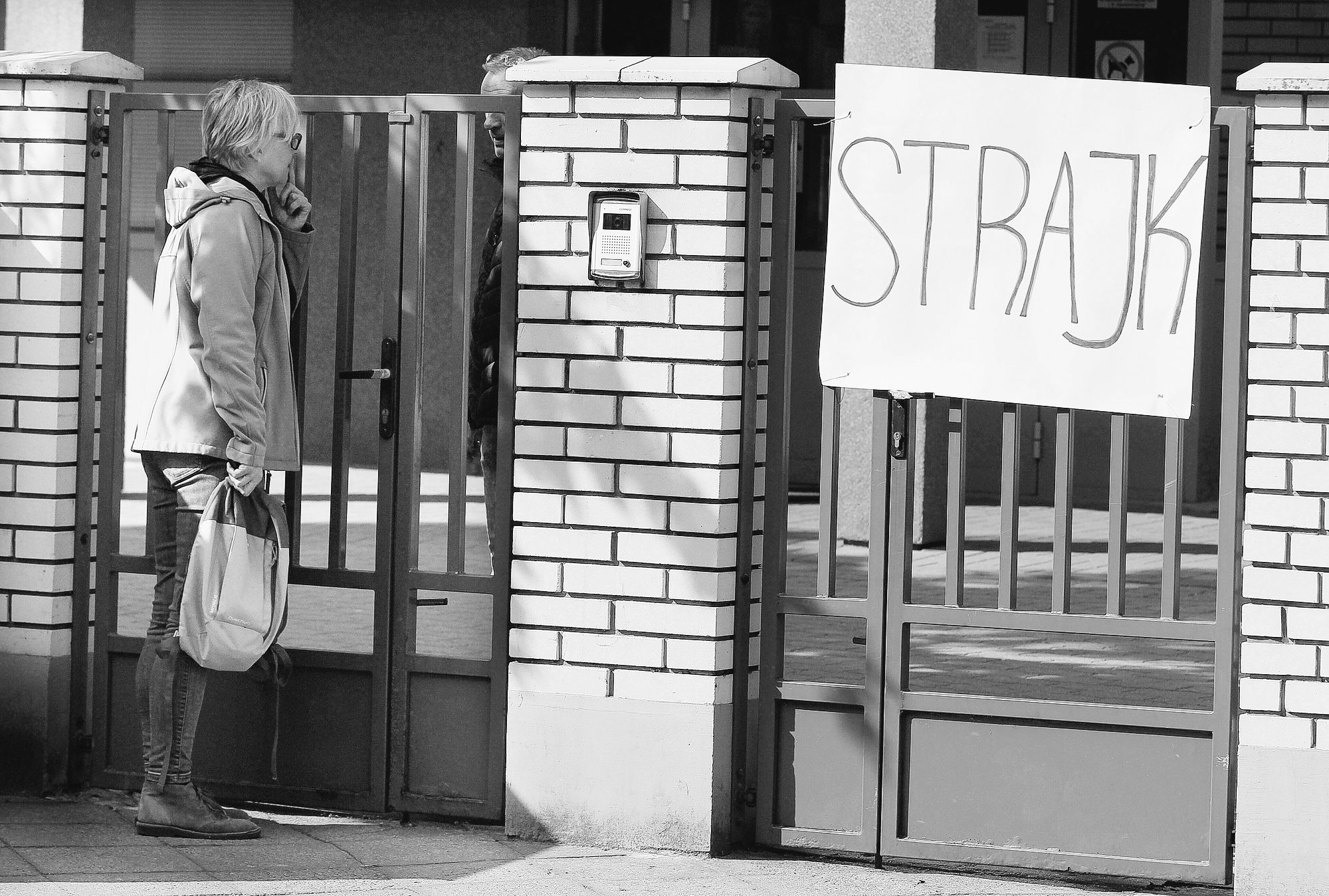
By ANDREA RODRÍGUEZ
Associated Press
HAVANA (AP) — Cuba evacuated 70,000 people along the island’s southern region on Sunday amid fears that Tropical Storm Elsa could unleash heavy flooding after battering several Caribbean islands, killing at least three people.
The Cuban government had opened shelters and moved to protect sugarcane and cocoa crops ahead of the storm. Most of those evacuated went to relatives’ homes, while about 23,000 people sheltered at government facilities. Some 400 living in mountainous areas took refuge in natural caves that had been prepared for the emergency.
The storm’s next target was Florida, where Gov. Ron DeSantis declared a state of emergency in 15 counties, including in Miami-Dade County where the high-rise condominium building collapsed last week.
On Sunday morning, Elsa was located about 50 miles (80 kilometers) north of Kingston, Jamaica, and was heading west-northwest at 13 mph (20 kph). It had maximum sustained winds of about 60 mph (95 kph), according to the National Hurricane Center in Miami.The center said the storm is expected to gradually weaken as it moves across Cuba on Monday.
“After Elsa emerges over the Florida Straits and the southeastern Gulf of Mexico, some slight restrengthening is possible,” it said.
The storm killed one person in St. Lucia, according to the Caribbean Disaster Emergency Management Agency. Meanwhile, a 15-year-old boy and a 75-year-old woman died Saturday in separate events in the Dominican Republic after walls collapsed on them, according to a statement from the Emergency Operations Center.
Elsa was a Category 1 hurricane up until Saturday morning, causing widespread damage in several eastern Caribbean islands on Friday as the first hurricane of the Atlantic season. Among the hardest hit was Barbados, where more than 1,100 people reported damaged houses, including 62 homes that completely collapsed as the government promised to find and fund temporary housing to avoid clustering people in shelters amid the pandemic.
Downed trees also were reported in Haiti, which is especially vulnerable to floods and landslides because of widespread erosion and deforestation.
A tropical storm warning was in effect for Jamaica and from the Haitian capital of Port-au-Prince to the southern border with the Dominican Republic. A hurricane watch was issued for the Cuban provinces of Camaguey, Granma, Guantanamo, Holguin, Las Tunas, and Santiago de Cuba. Some of those provinces have reported a high number of COVID-19 infections, raising concerns that the storm could force large groups of people to seek shelter together.
Elsa is the earliest fifth-named storm on record and also broke the record as the tropic’s fastest-moving hurricane, clocking in at 31 mph on Saturday morning, according to Brian McNoldy, a hurricane researcher at the University of Miami.
It is forecast to drop 4 to 8 inches (10 to 20 centimeters) of rain with maximum totals of 15 inches (38 centimeters) across portions of southern Hispaniola and Jamaica.



















